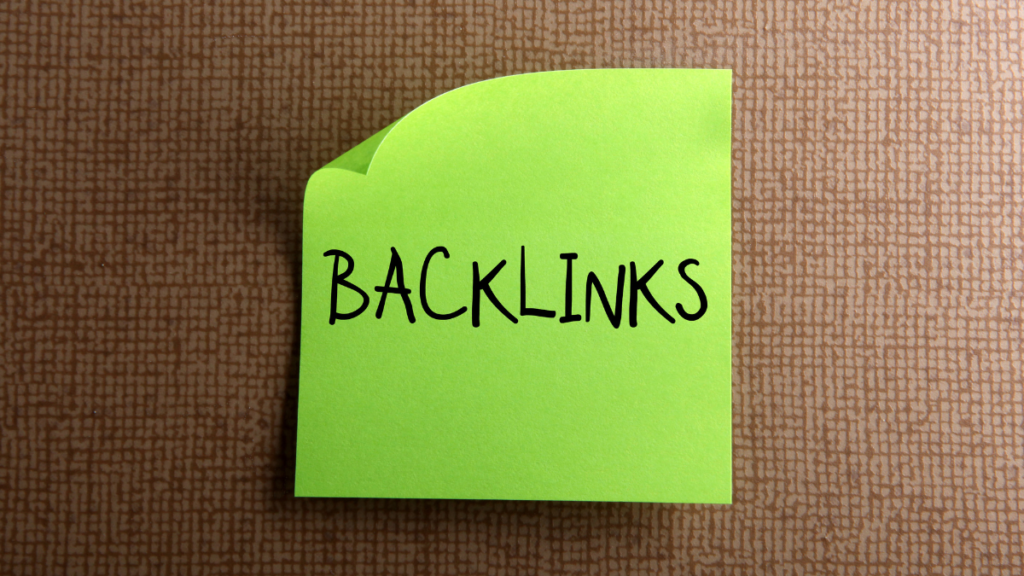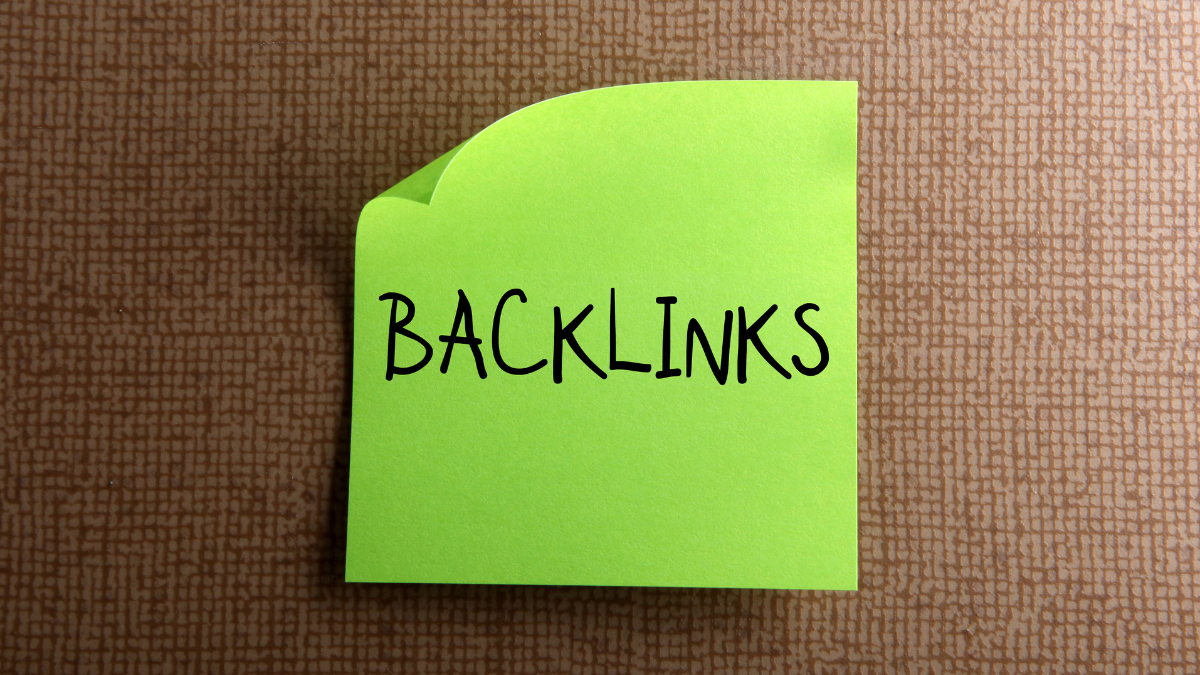Picture this: you pour your heart into a great blog post, but… crickets. No traffic, no excited comments. Frustrating, right? One crucial piece of the puzzle may be missing: backlinks.
Backlinks are like endorsements from other websites. Think of them as virtual “thumbs up” telling Google, “Hey, this content is awesome!” More quality backlinks usually mean better search rankings. But how do you actually get them? Let’s dive in!

1. Guest Blogging: Sharing is Caring
Guest blogging means writing an article for another website in your industry. Win-win! You reach a new audience, and they get fresh content. Here’s the key: Include a subtle link back to your own site within the text or your author bio.
Pro Tip: Find websites relevant to your niche that accept guest posts. Aim for sites with a good reputation and traffic.
2. Resource Pages: Become THE Go-To
Many websites have “resource” pages linking to helpful content. If you’ve got a super-detailed guide or killer infographic, reach out! Suggest your content as a valuable addition to their resources, potentially earning you a backlink.
3. The Broken Link Strategy: Rescue Mission
Sometimes websites link to pages that no longer exist (oops!). Tools like Ahrefs help you find these broken links. The magic? If you have relevant content to replace the broken link, website owners might be happy to link to yours instead. It fixes their problem AND earns you a backlink!
4. Testimonials: More Than Just Kind Words
Ever given a rave review for a tool or service you love? If they feature your testimonial on their site, they might just link back to yours as a thank you. Double exposure!
5. HARO: Expert Insights Wanted
HARO (Help A Reporter Out) is where journalists find sources for articles. Respond to relevant queries with your expertise, and you might be featured in their piece – including a coveted backlink.
6. Infographics: The Power of Visuals
Everyone loves a good infographic! If you design a share-worthy one, other websites might embed it, linking back to you as the source. Just make sure it’s genuinely useful and visually appealing.
Important Note: Quality over Quantity
Google cares about the quality of your backlinks. A few links from authoritative, relevant sites are better than hundreds from spammy ones. Prioritize websites that resonate with your audience.
Does Buying Backlinks Work?
Short answer: Not a good idea, and usually against Google’s guidelines. Buying links artificially inflates your profile and can lead to penalties. Focus on building links organically for sustainable SEO success.
Summary
- Backlinks are favorable “votes” for your website.
- Earn backlinks through guest blogging, creating valuable resources, fixing broken links, offering testimonials, HARO, and infographics.
- Focus on quality over quantity for the best results. Steer clear of shady link-buying practices.
FAQs
- What is a good backlink? A good backlink comes from a trusted, high-quality website in a similar niche to yours.
- How long does it take to see results from backlinks? It can take time; don’t expect overnight miracles.
- How do I track my backlinks? Backlink tracking tools such as Ahrefs and Semrush can be useful.
- What about internal backlinks? Yes! Linking between your own relevant content is also helpful for SEO.
- Is there a “right” number of backlinks for success? It varies, quality matters more than a magic number.
I’m eager to attempt which backlink approach. Please share your plans in the space provided below!



